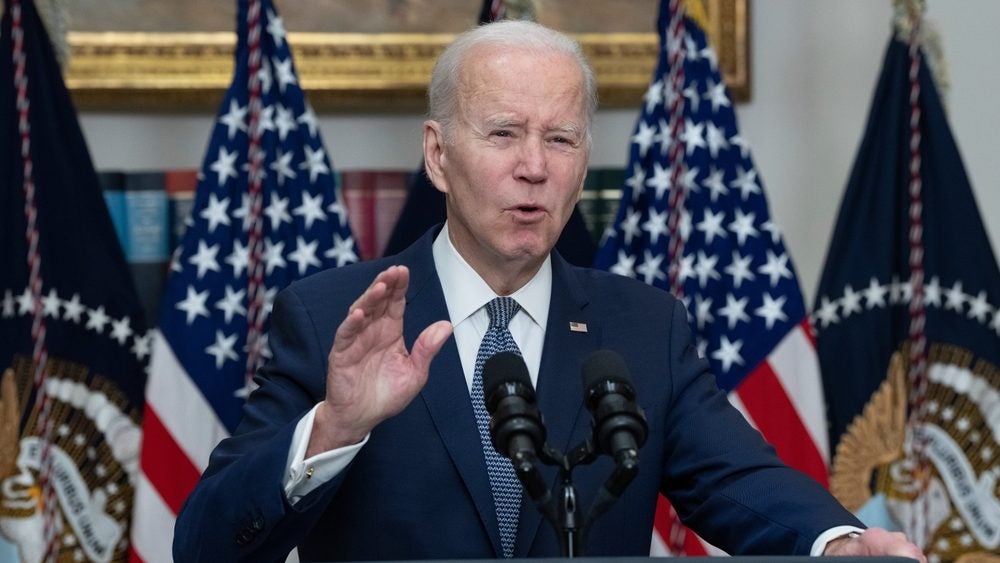The Biden Administration has highlighted 48 drugs within the Medicare programme that have experienced price hikes surpassing inflation in Q4 2023, including blood thinners and cancer medications.
A fact sheet released by the White House on 14 December highlighted that 48 Medicare Part B drugs raised prices faster than inflation, with some companies consistently exceeding inflation rates throughout the year.
The Inflation Reduction Act (IRA) was introduced in 2022 and aims to curb inflation by allowing Medicare to negotiate prices for certain drugs and rebates from drug makers. Medicare is a government programme for US citizens of ages 65 years and older, or who have disabilities. The Act also limits the cost of insulin for Medicare beneficiaries to $35 and imposes rebates on drug companies, raising prices faster than inflation.
This announcement comes in the run up to the 2024 election, as President Biden is gearing up for a potential second term. The IRA targets annual savings of $25m by 2031, compelling drugmakers to negotiate prices for selected costly drugs with the US Centres for Medicare and Medicaid Services.
This disclosure accompanies the announcement of anticipated savings on these drugs, ranging from $1 to $2,786 per dose. These savings are slated to take effect from 1 January 2024, offering potential financial relief for Medicare enrolees who typically bear a 20% coinsurance burden on doctor-administered medications.
In remarks made at the National Institutes of Health, Biden said that big pharmaceutical companies are “ripping off the American people,” with the President explaining “As part of our law which passed last year, if drug companies raise prices more, they’ll have to pay back the difference between inflation as it’s gone up and the price they charge.”
President Biden asserted that the collective impact of price negotiations and other provisions within the federal law is anticipated to save the federal health programme $160bn over the next decade.
In a related move, the Biden administration announced guidelines to potentially seize patents for government-funded medicines, considering factors like excessive pricing. The plans will allow third parties to manufacture drugs if manufacturers make them unaffordable.















